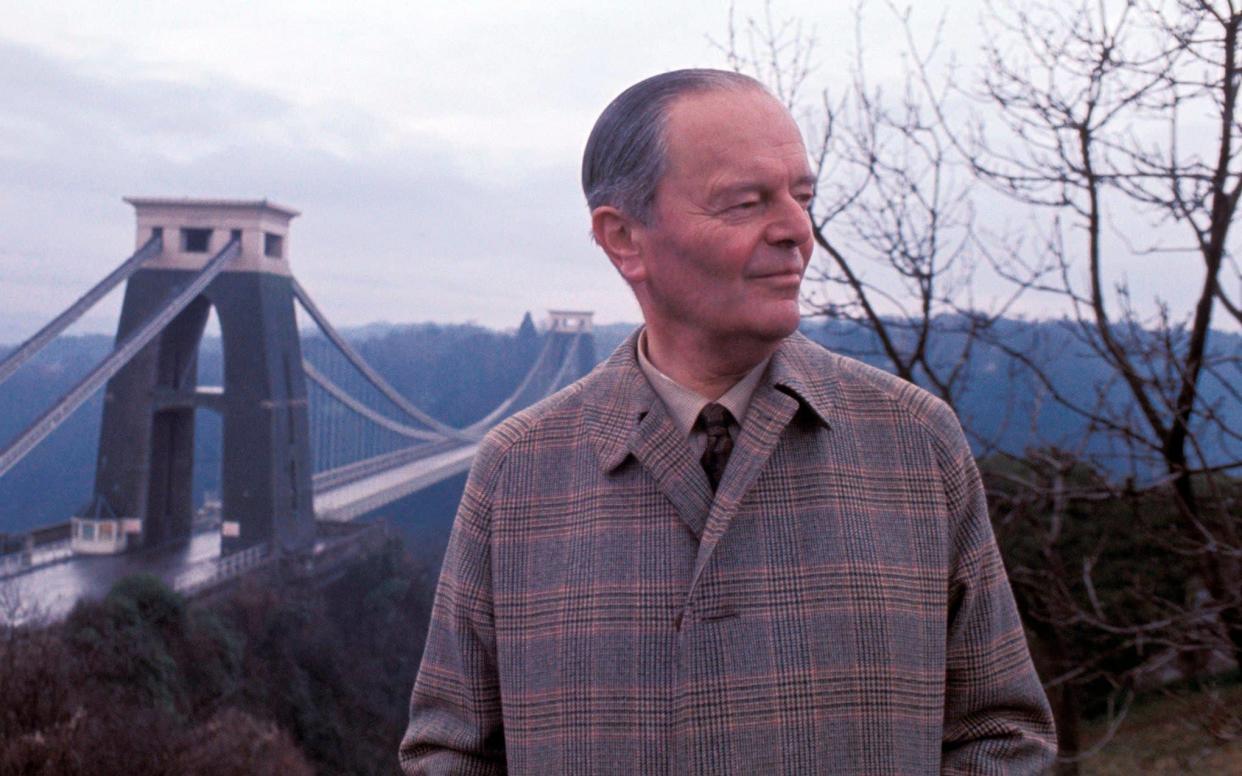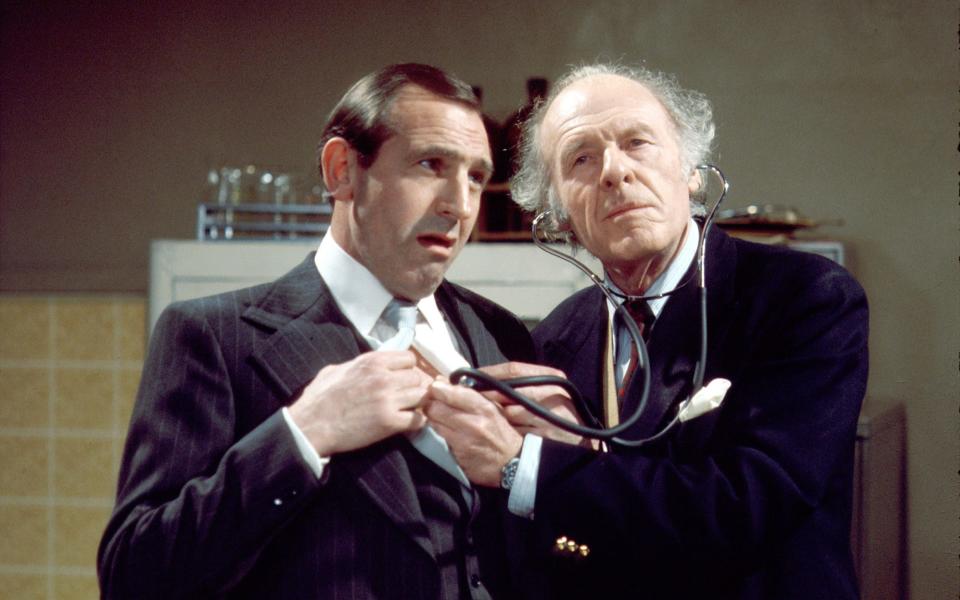The BBC has abandoned intelligent culture for cheap trash

It is often remarked that golden ages are illusory, the very idea of them tainted and distorted by nostalgia and other forms of excessive emotionalism about the past. But anyone who can recall watching BBC television in the period from the mid-1960s to the early 1980s will recall that that was, indeed a golden age: the age of (to name but a few), The Forsyte Saga, Civilisation, The Ascent of Man, Monitor, Late Night Line Up, Omnibus, Dad’s Army, Monty Python, Fawlty Towers, The Pallisers, The Wednesday Play, The Fall and Rise of Reginald Perrin and Only Fools and Horses.
However, not everyone in the world of television seems to look back on that era of excellence with admiration, or to want to emulate it today, when many people feel new programming of that quality simply doesn’t exist. Mark Bell, the BBC’s commissioning editor for Arts, has said he feels the Corporation could not simply offer “esoteric arts chat”, but that “TV is more about great stories”, whatever that means. Actually, Mr Bell went on to suggest what that meant: that the BBC should “make TV that people want to watch.” He elaborated by saying that “we do have to try and find things that will play at eight o'clock and appeal to all sorts of broader audiences”. Strictly Come Dancing seven nights a week, or even more Eastenders, seems to be on the cards – though it could be far worse than that.
Everyone who pays for a television licence has a right to expect the Corporation to provide a certain amount of programming that is designed to appeal to them. Perhaps that is what Mr Bell means: that since most people are by definition not in an intellectual elite, the sort of programming that the intellectual elite would normally avoid like the proverbial plague should predominate on the networks. The one problem with that is that if you find anybody with a mild interest in, say, classical music, fine art or some other aspect of “high” culture, they will readily attest that there is little or nothing on BBC One or BBC Two for them as it is.
Even BBC Four, which is supposed to be the “upmarket” channel, now shows mainly repeats, and mostly not very good ones, since its redesignation as an “archive channel”. If the BBC is determined to make its arts and culture programming almost all about what it has made in the past, what does that say about the projection and development of our culture at present and in the future? Or does the BBC propose to opt out of that, despite its track record in furthering culture in the past, and surrender its role in the civilising process?
It seems Mr Bell is calling for more unexciting, undemanding pap to be pumped out by the BBC on television. Perhaps he thinks that so-called intellectuals – perhaps the sort of people who choose to read quality content such as published by the Telegraph – have given up on the BBC’s programming long ago, on the grounds that there is nothing there for them. What is so remarkable, though, is the failure of those who hold this mindset to understand the value that “elite” programming has always had in stimulating the intellectual curiosity, and broadening the minds, of those the Corporation effectively dismisses as the ignorant masses, who they think sit down at eight o’clock in the evening and watch whatever mindless garbage Mr Bell and his colleagues have felt fit to serve up to them.

Back in the golden age, faithful and intelligent adaptations of classic novels – whether Galsworthy, Trollope, Dickens or George Eliot – encouraged those who had not heard of them to go and read them. Documentaries drove people into art galleries and museums, or stimulated them to read books on history or science to expand their knowledge. Boundaries were genuinely pushed by innovative comedy and drama – drama that sought to reflect actual life and to tell stories rather than to further the BBC’s agenda on various minorities. No one was banned from watching the sort of critical discussion programmes that featured such people as Joan Bakewell, Humphrey Carpenter and Bernard Levin; anyone could drop in, and some had their lives changed by the experience.
BBC Four occasionally shows archive footage of great classical musicians from the days when concerts and recitals were routinely shown on television: now it is mainly just the Proms, and there appears to have been pressure to dumb those down to make them more “accessible”, in case somebody feels frightened by something that might require thought and concentration. A huge potential audience exists to see and hear the finest of this generation’s musicians, and the BBC should be showing them, and not just in the Proms.
It is debatable – highly debatable – that the general public are anything like as bovine as some BBC executives seem to think they are. The BBC also has a choice between leaving people to wallow in a warm bath of ignorance an encouraging them to take a more aspirational view of culture – making elitism for everybody, paradoxically. That always used to be the great mission of the BBC: the old Third Programme, in an age when very few people had the chance to go to university, acted very much as a university of the air.
Lord Reith’s old maxim about educating, informing and entertaining seems to have lost all of its first and much of its second pillar, and the entertainment part appears to be destined to become synonymous with drivel. What Mr Bell had to say was not merely a surrender of quality. It was a surrender of ambition.

